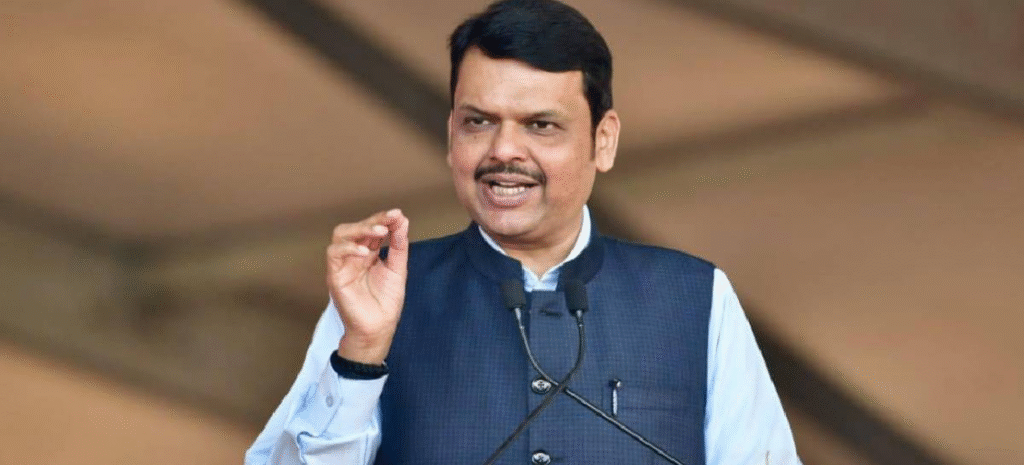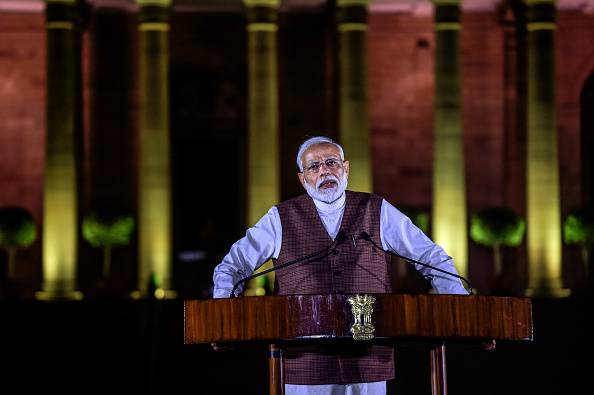Devendra Fadnavis Counters Uddhav Thackeray’s Sarcasm with a Lesson in Marathi Pride
In the aftermath of Maharashtra’s political turbulence and Lok Sabha elections, the war of words between the former allies-turned-rivals continues to intensify. Maharashtra Deputy Chief Minister Devendra Fadnavis recently delivered a sharply worded comeback to Shiv Sena (UBT) chief Uddhav Thackeray, stating that “Marathi has far richer figures of speech than just sarcasm.”
DEVENDRA FADNAVIS : All I want to say to Uddhav Thackeray is that Marathi has far richer figures of speech than just sarcasm
— Times Algebra (@TimesAlgebraIND) June 26, 2025
Fadnavis Slams Uddhav !! pic.twitter.com/YuPIgktCgL
This response comes amid a series of sarcastic barbs launched by Uddhav against the BJP and its leadership, especially targeting Fadnavis and Chief Minister Eknath Shinde. As politics in the state continues to heat up, this latest exchange is symbolic of the deeper ideological and rhetorical clashes shaping Maharashtra’s political landscape.
Fadnavis vs Uddhav: Sarcasm, Rhetoric, and the Battle for Marathi Identity
Devendra Fadnavis’s statement may sound like a simple linguistic correction on the surface, but it carries significant political weight. The remark was aimed squarely at Uddhav Thackeray’s style of communication, which has in recent months relied heavily on biting sarcasm and mockery. From calling BJP leaders “power-hungry” to ridiculing their election strategies, Uddhav has turned to sharp one-liners and metaphor-laced speeches to attack his former allies.
Fadnavis, however, flipped the script. By invoking the richness of the Marathi language, he not only called out Uddhav’s tone but also indirectly accused him of reducing a proud linguistic heritage to a political tool of mockery. This approach plays well with the cultural pride of Maharashtrians, many of whom view the Marathi language as more than just a medium of communication—it’s a symbol of legacy, literature, and identity.
Moreover, Fadnavis’s comeback also signals a broader political messaging shift. Rather than getting pulled into a back-and-forth of insults, he reframed the narrative as a matter of dignity, cultural depth, and rhetorical decorum. It positions the BJP as the side appealing to intellect and respect, as opposed to jibes and sensationalism.
This isn’t the first time that language and identity have played key roles in Maharashtra politics. But what makes this moment unique is the subtle yet impactful way in which Fadnavis used language itself to deliver a political punch. As the state gears up for future elections, the battle for the Marathi voter’s mind is no longer just about policy—it’s also about pride, tone, and who truly respects the spirit of Maharashtra.





















